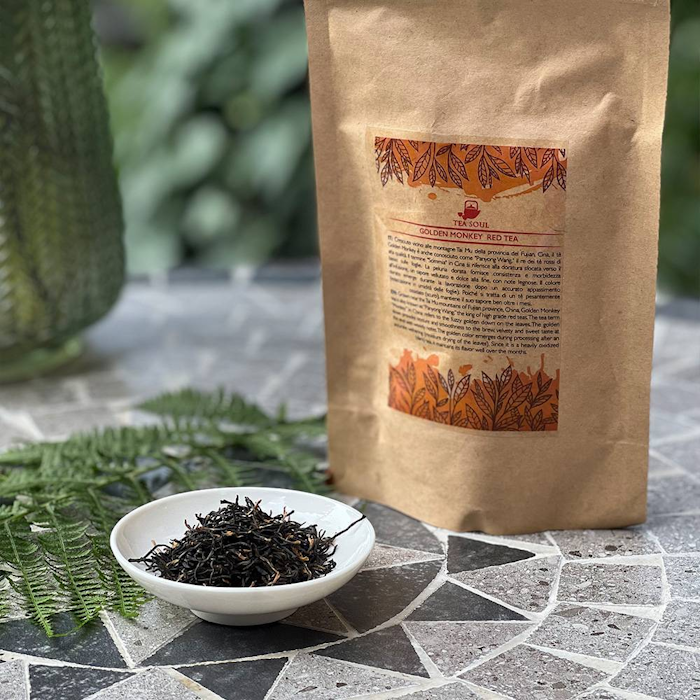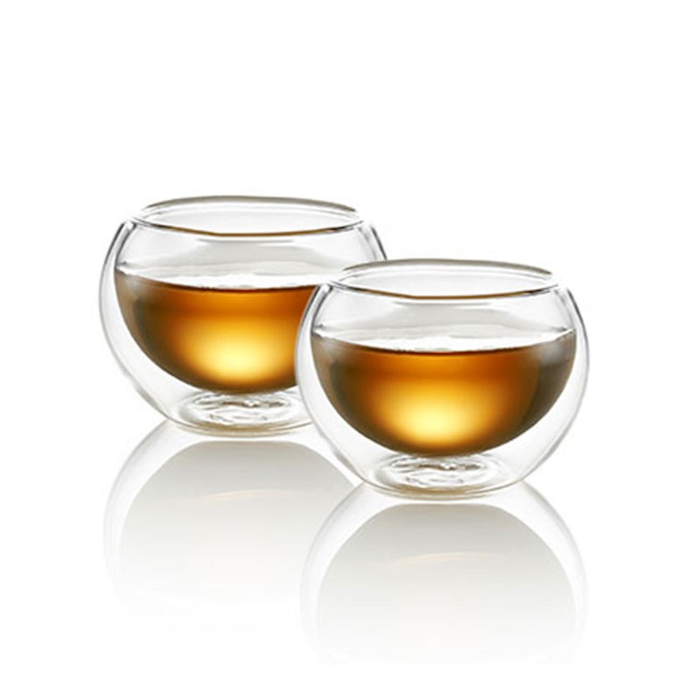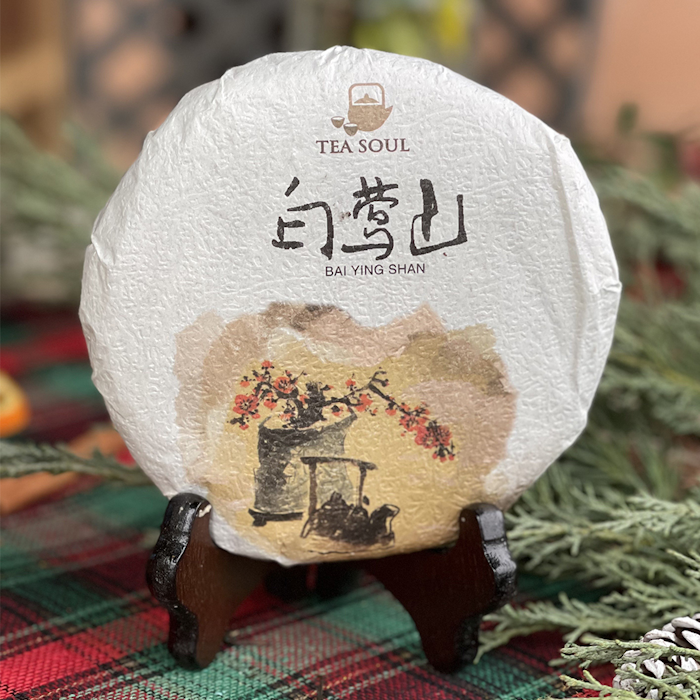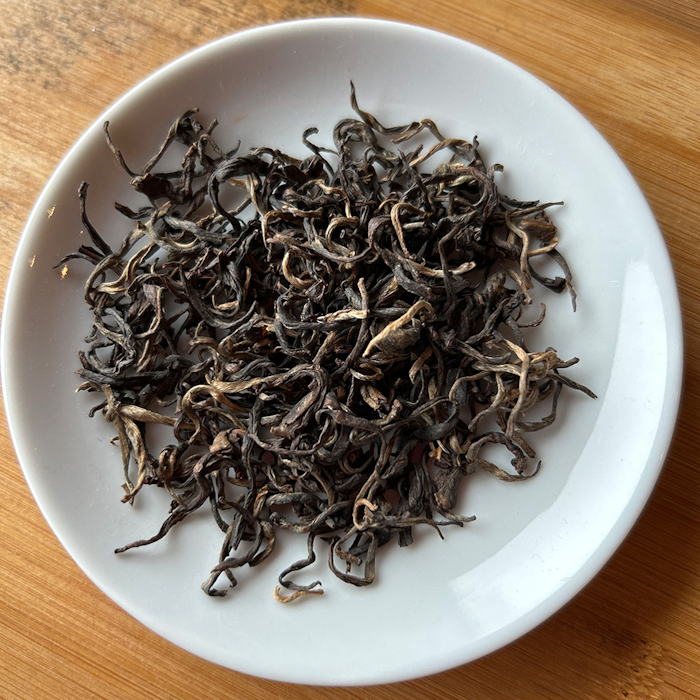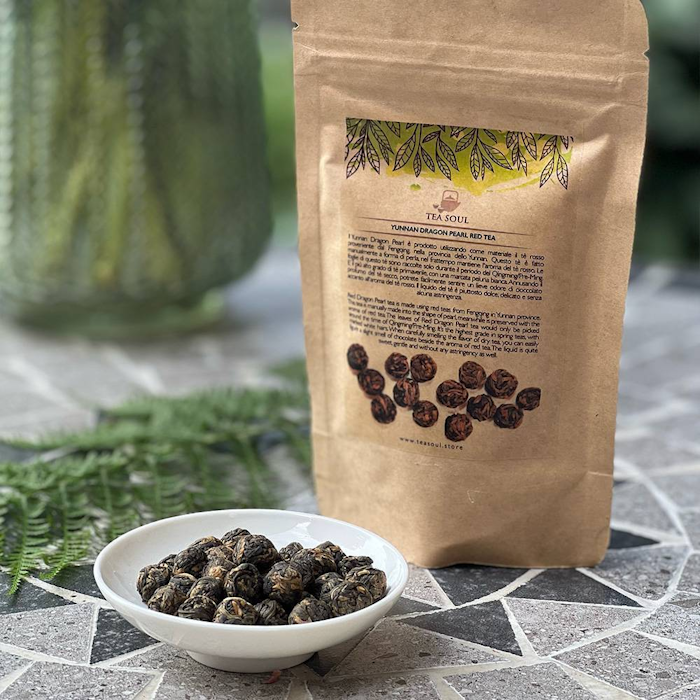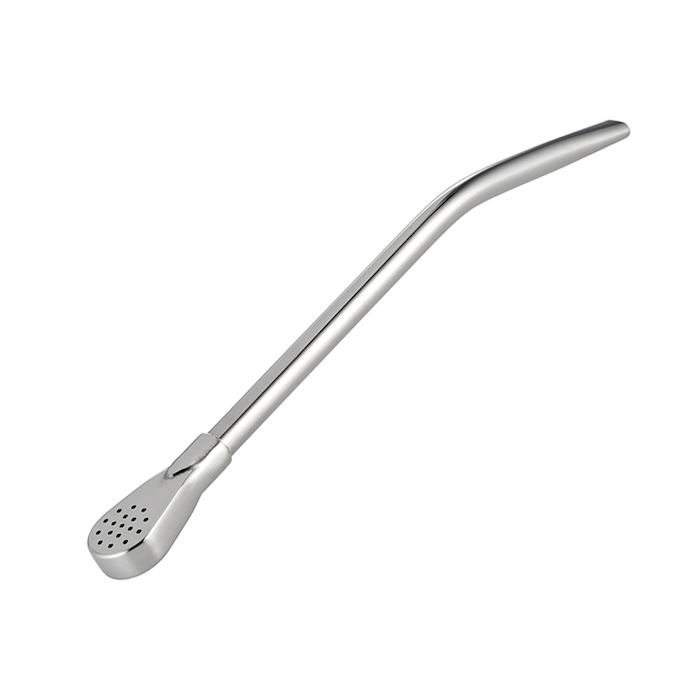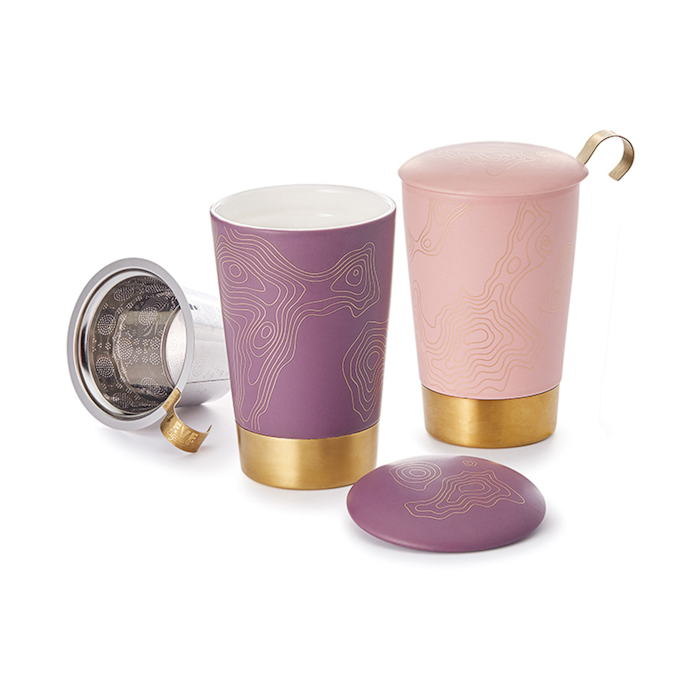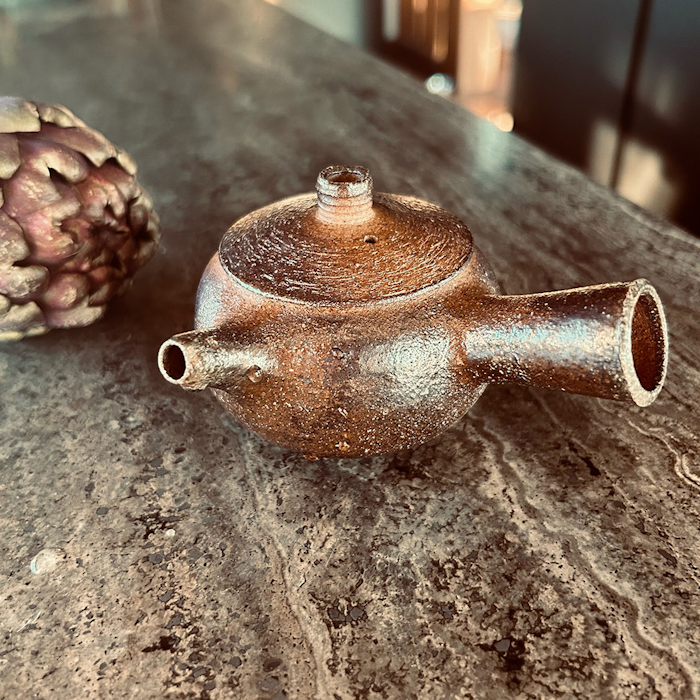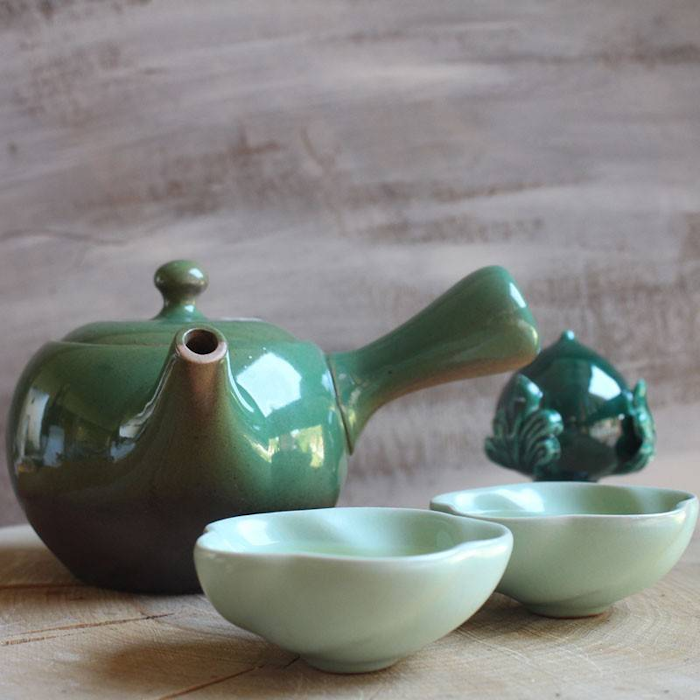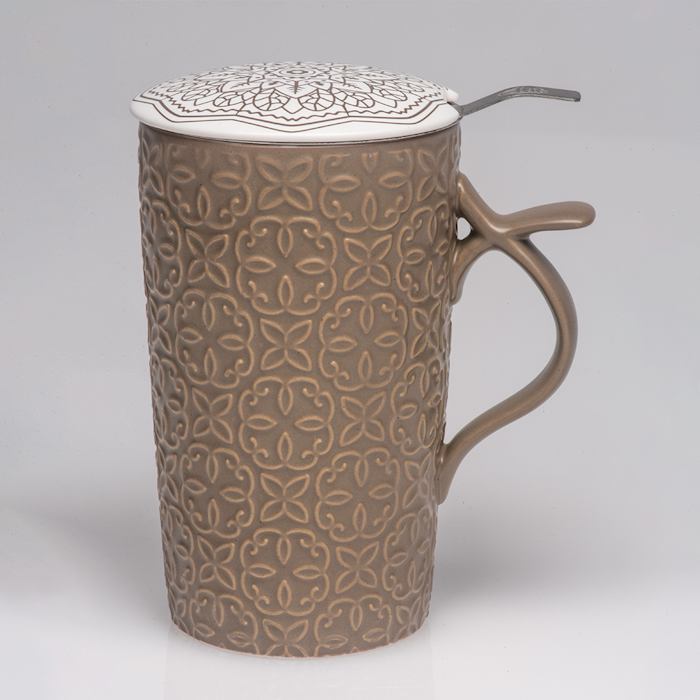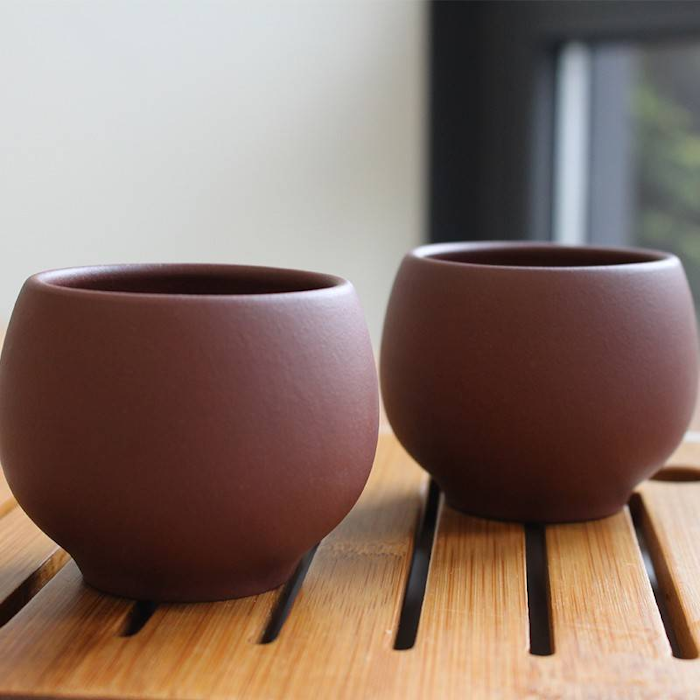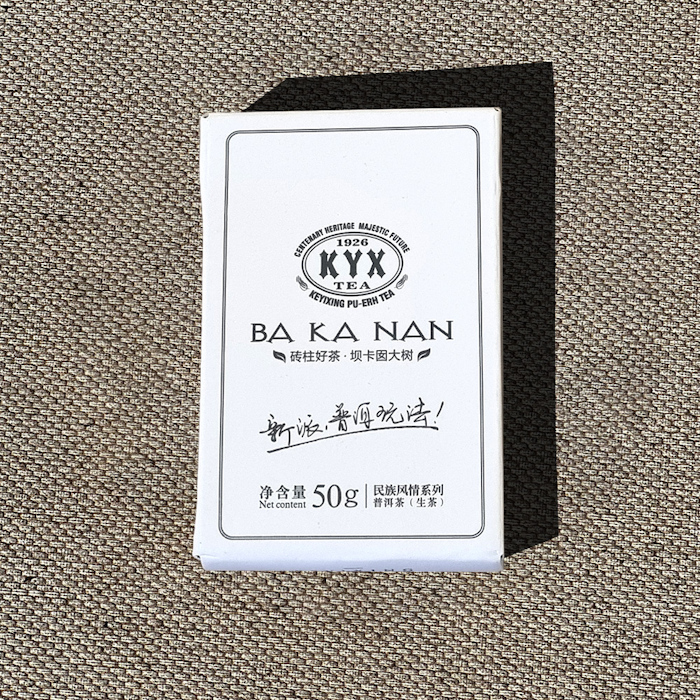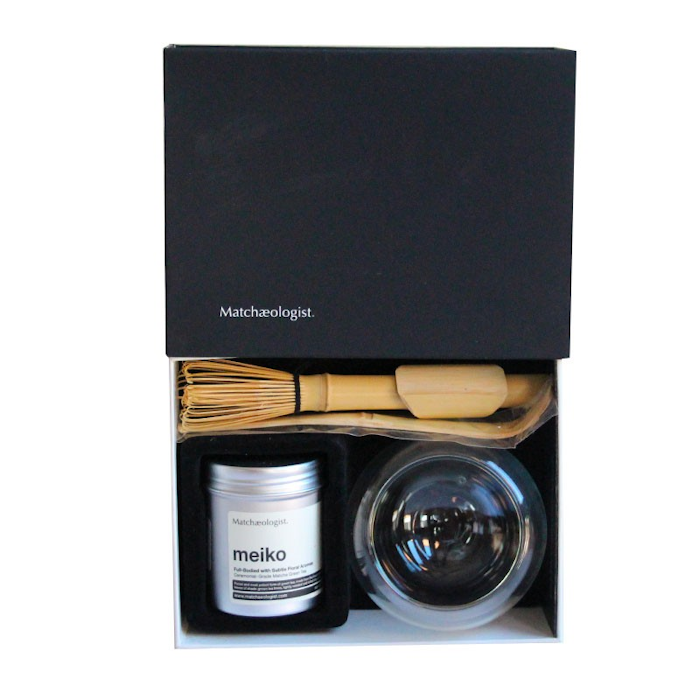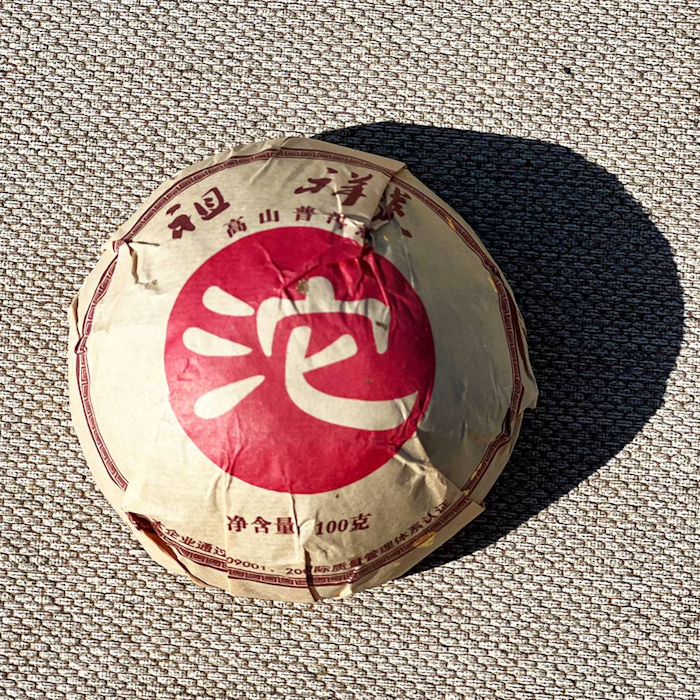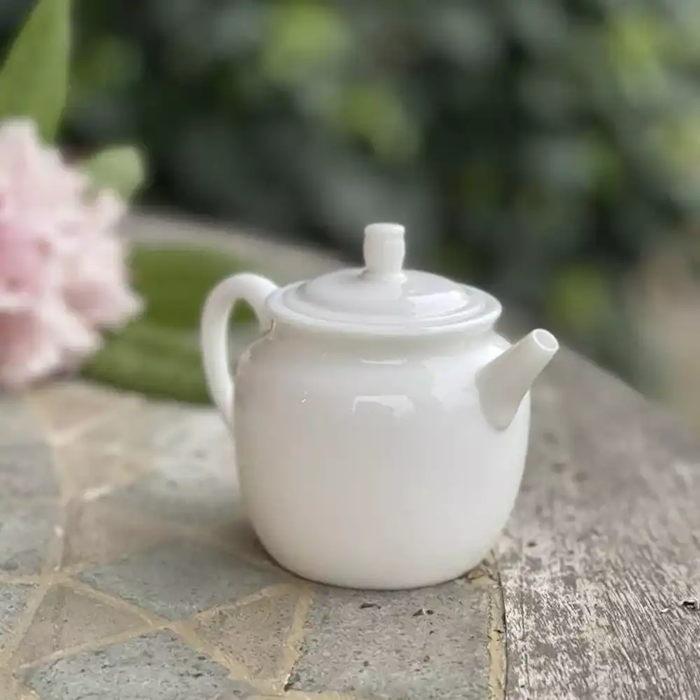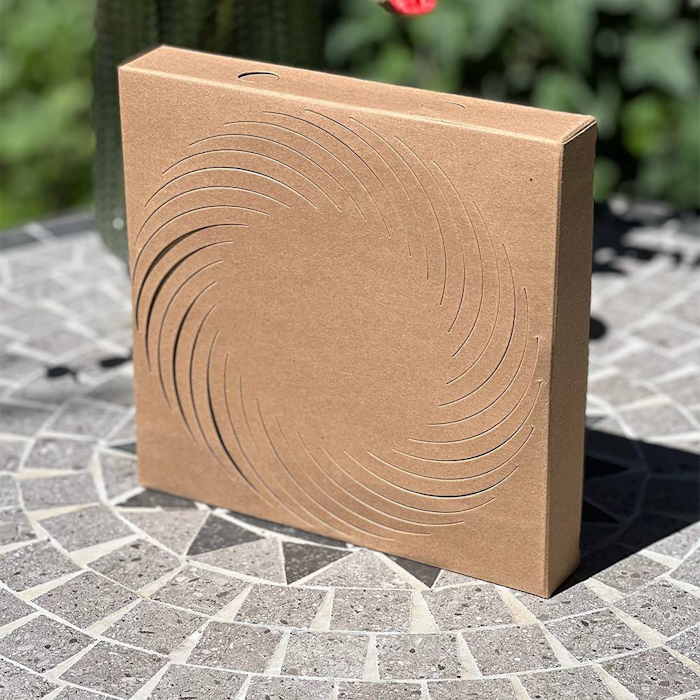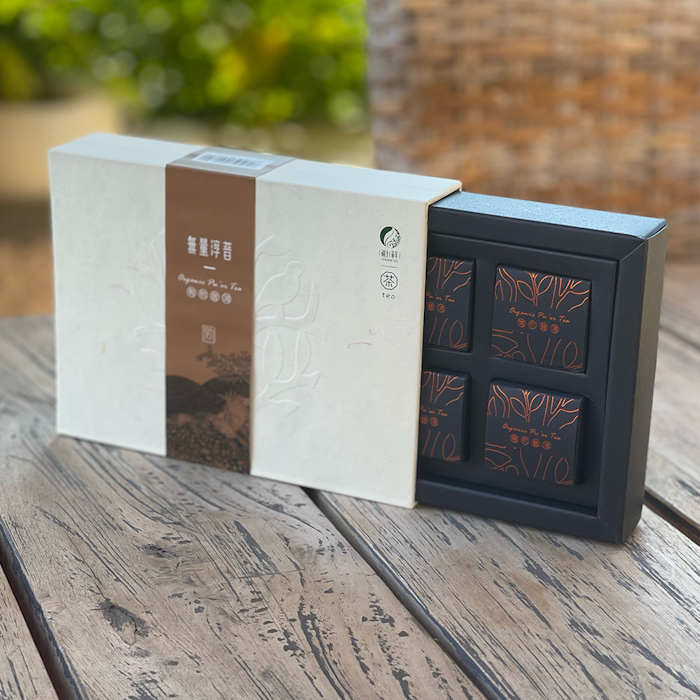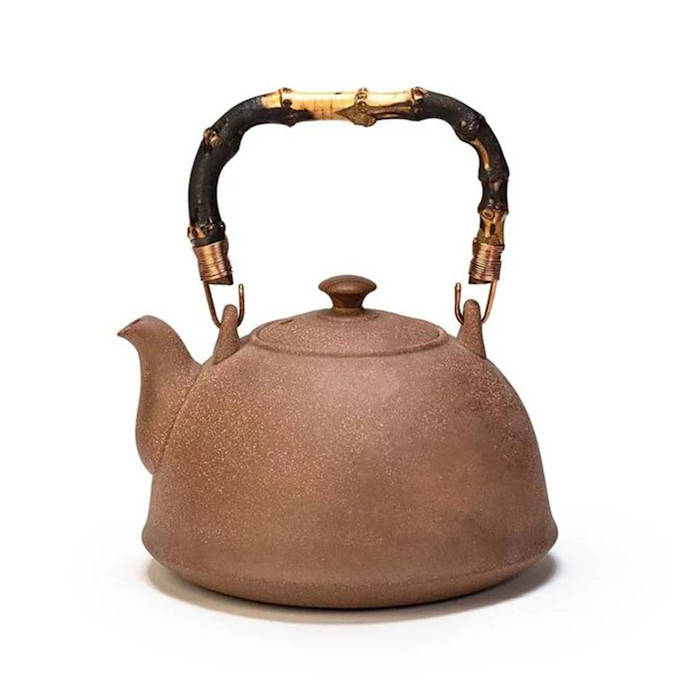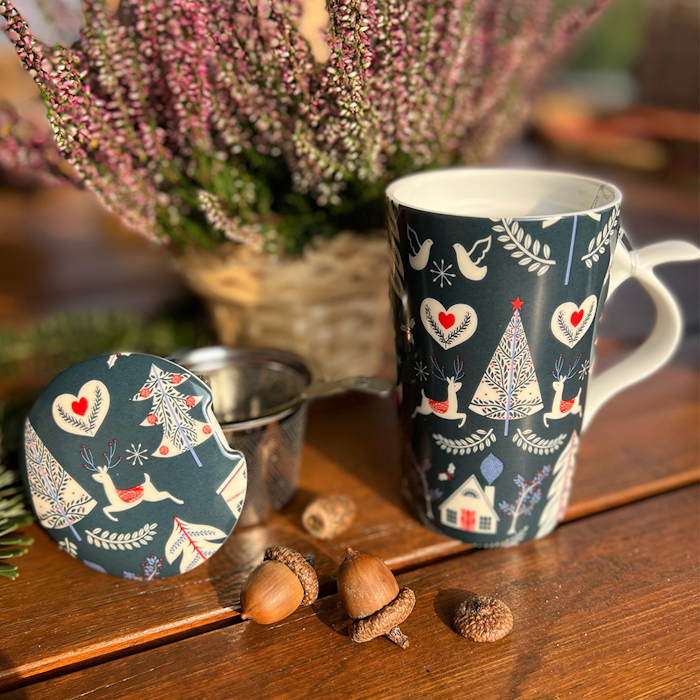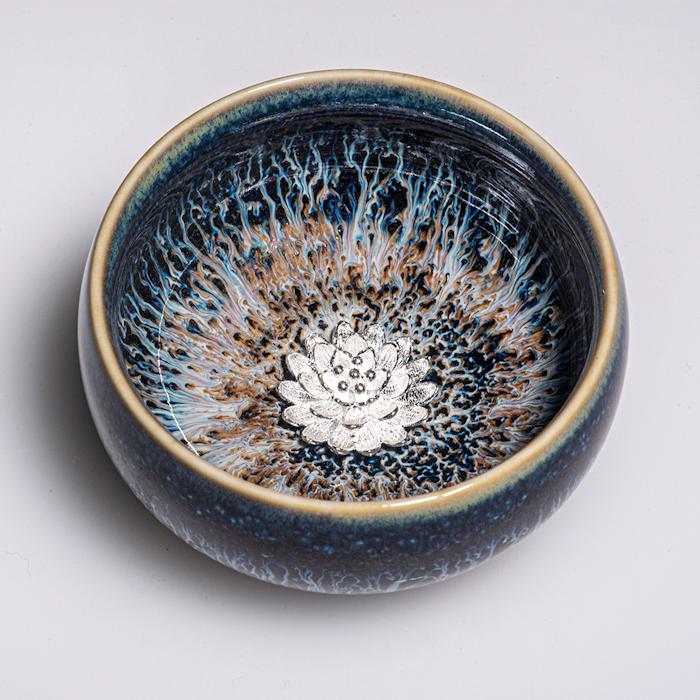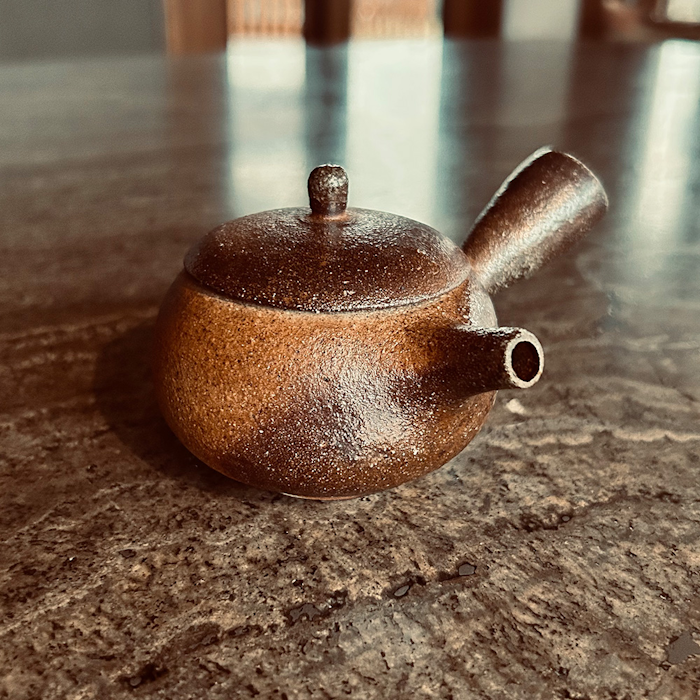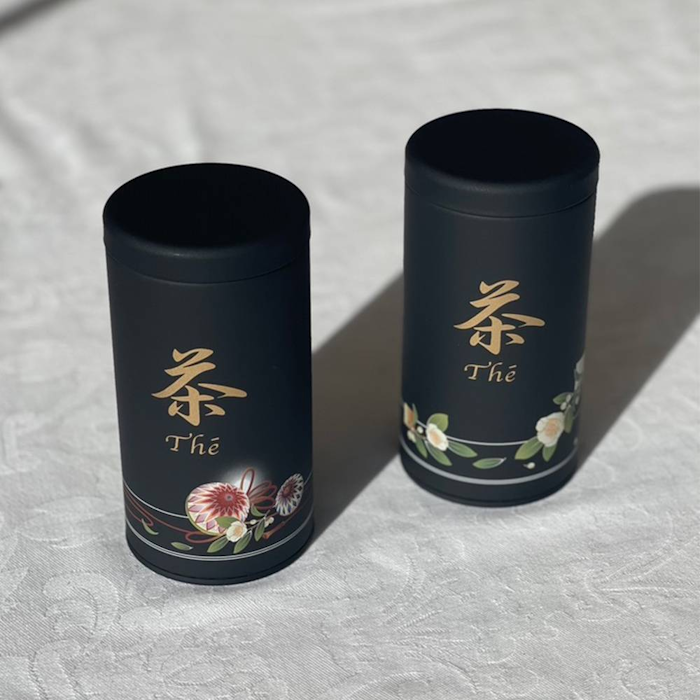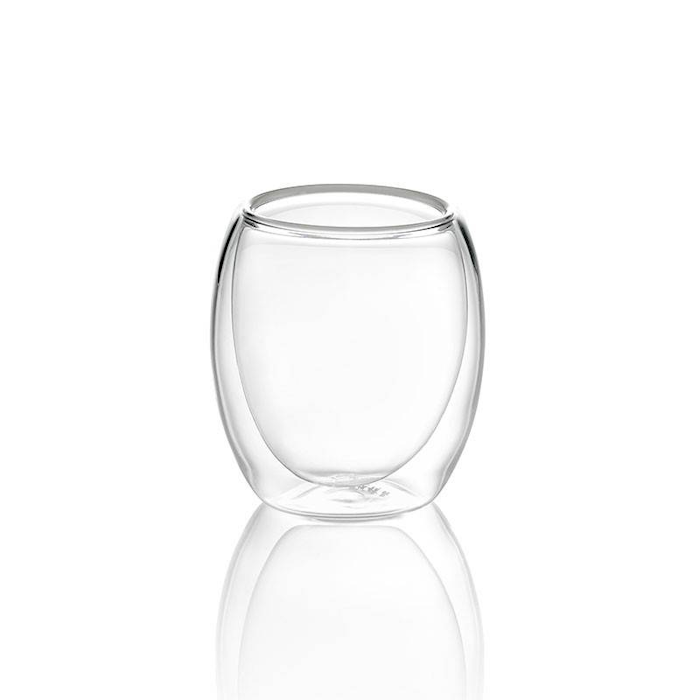The leaves of Puer Shu (cooked) Tea In Leaves 2000 come from the Menghai area located in the Yunnan region of southern China.
To better understand this product, it is necessary to delve into the area of origin of its leaves since, in most cases, it is the place of origin itself that gives the tea its name and main organoleptic qualities
This puer, specifically, is composed mainly of the crop made in the mountainous area around the city of Menghai in the western part of Xishuangbanna Autonomous Prefecture in southern Yunnan.
The place of origin of this product is very renowned for its fermented teas so much so that one can also find, as in this case, loose puer leaves in addition to their usual pressed formats.
The difference between the loose and pressed state in these teas lies mainly in their evolution over time. The pressed product, in fact, usually matures its flavors more slowly and with less intense variations over time than the bulk, which, on the contrary, changes quickly and more noticeably.
Puer Shu (Cooked) Tea In Leaves 2000 possesses a unique flavor due to its long bulk aging. Despite the years, the body of the brew has remained soft and enveloping while also allowing the typical fermented sweetness of this product to still be well felt.
The vegetal part of this tea has matured to such an extent that it gives pleasant aromatic notes of wood that, in the aftertaste, join the sweet part of the drink thus giving a very long tasting experience.
To better understand the effects of puer aging in loose leaf we suggest you compare this product with the younger Puer Shu (cooked) Pine Tea.
Location of Origin
Menghai - Yunnan, China
Production
After harvesting, the leaves of Puer Shu (Cooked) Tea In Loose Leaf 2000 are left to wither in the sun for a certain amount of time depending on the producer before going through the "green killing" stage which is purportedly similar to that used to produce green teas.
The special feature, in this case, lies in not heating the leaves as much as is done for a green tea so that certain enzymes capable of modifying the flavors over time are preserved.
Once cooked, the leaves are taken in large quantities and stacked to form large piles. The plant mass thus arranged is then moistened and covered with cloths so that heat can be retained and the fermentation process can begin.
Here the producer will have to skillfully move the leaves around and wet them lightly as he goes so that the fermentation progresses steadily and is distributed as evenly as possible.
On completion of this process, which can last from 20 to 70 days, the leaves are expanded and left in contact with the air so that the microorganisms responsible for fermentation decompose, leaving only the finished product.
Once here, one can (eventually) proceed to press the puer so as to give it the best conditions to be transported and aged or sell the loose leaves directly.
Infusion Method of Puer Shu (Cooked) Tea In Leaves 2000
We strongly recommend infusing Puer Shu (Cooked) Tea In Leaves in the traditional Chinese method (Gong Fu Cha) with a Gaiwan with a capacity of about 100 ml. By following this preparation, with 6 grams of leaves, multiple infusions can be made that are useful for best tasting all the flavors of the tea.
After a quick rinse of the leaves with water at a temperature of 100°C, an initial infusion of 10 seconds can be made, and then, keeping the water at the same temperature, the product can be continued to be exploited by adding more to water and increasing the previous infusion time by about 10 seconds (10 - 20 - 30...).
For a more traditional preparation according to the Western style we recommend 3 grams of leaves (about 2 teaspoons) in a 150 ml cup with water at 100°C for an infusion time of one and a half minutes.
For a better tasting experience we suggest that you strain the infusion as soon as the established steeping time is over. Our suggested infusion timings, however, can also be slightly modified to your liking to achieve a more or less intense taste.
We recommend storing in a cool, dry place away from direct sunlight.
Benefits of Puer Shu Tea (cooked)
Puer Shu Teas (cooked) give an infusion that is particularly suitable for getting rid of the sense of heaviness after large meals. This is possible thanks to substances that naturally develop in the leaves during the fermentation process in processing.
These teas from Yunnan, because of their taste and body, are also able to suggest a pleasant sense of warmth, which is great for coping with the colder seasons and induce a pleasant relaxing effect.
Puer Shu (cooked) Teas also possess low levels of caffeine and, therefore, can be easily consumed at any time of the day.
Black Friday 50









